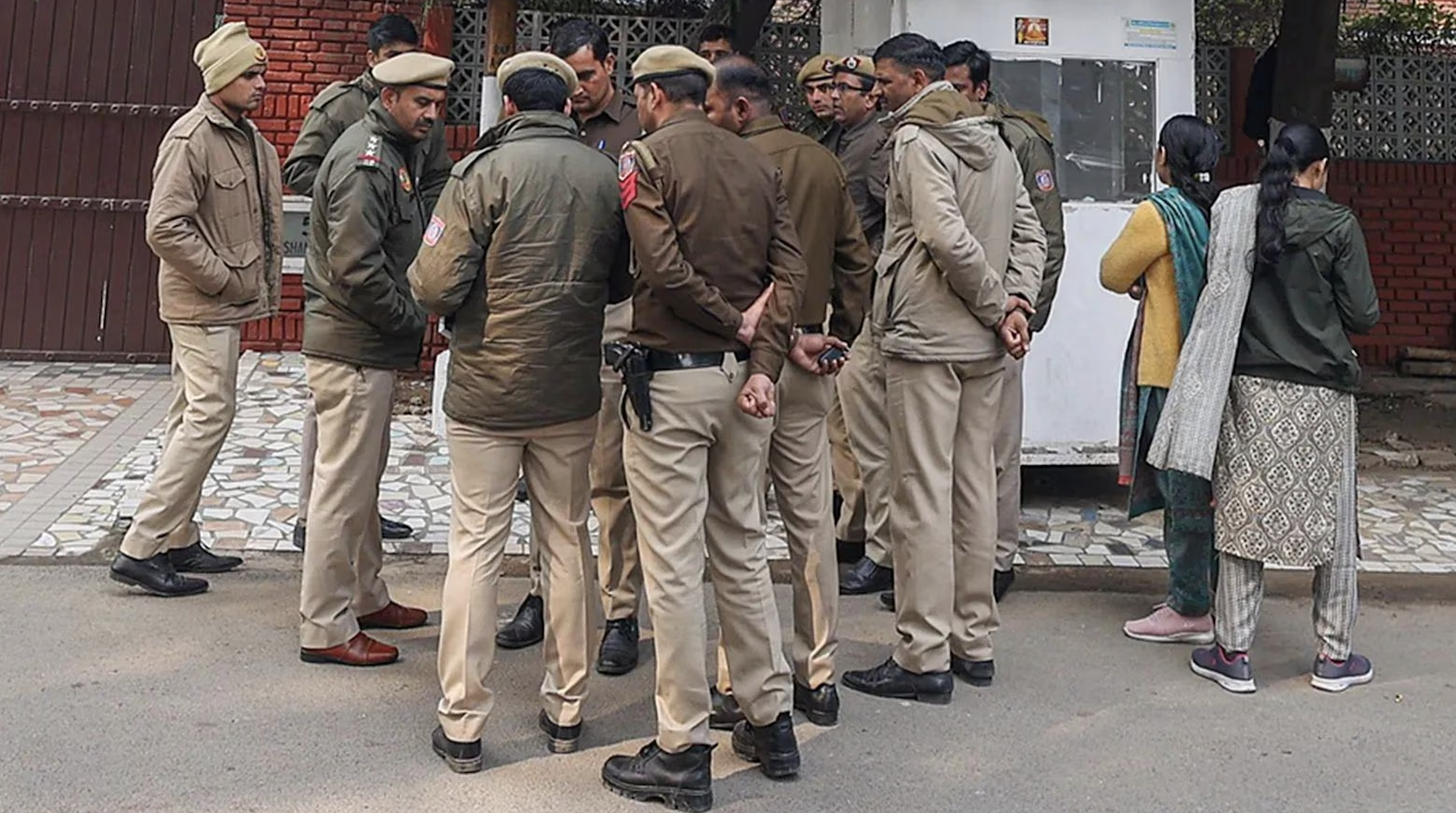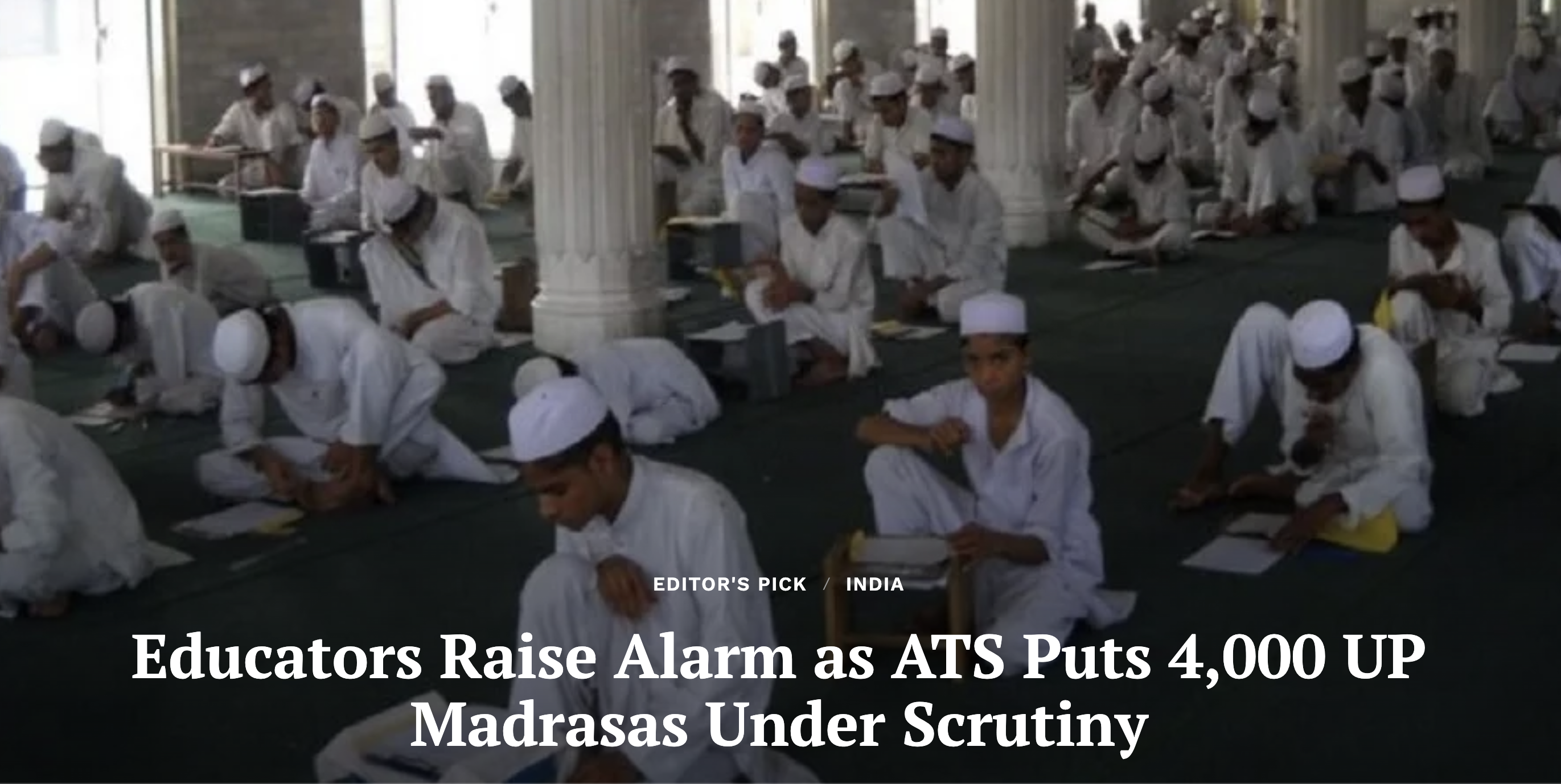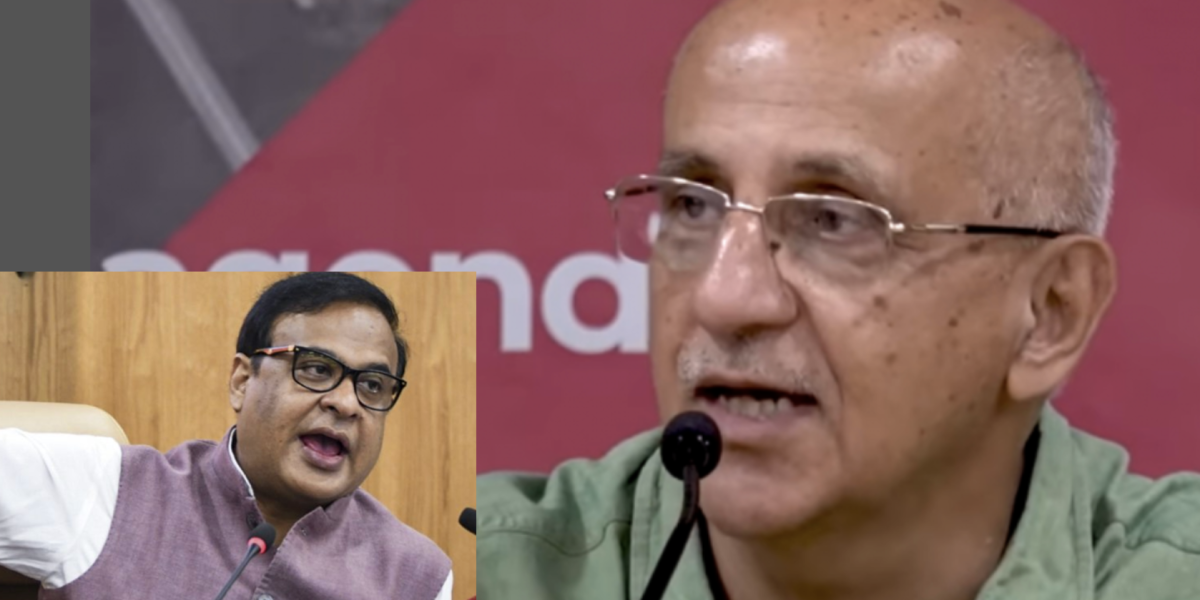
On the morning of June 19, 2023, I was at home in Punjab, the northwestern state in India, enjoying a quiet day reporting for BBC Punjabi, when a journalist friend from Vancouver, Canada, called. His voice was tense. “A Sikh separatist leader has been shot dead,” he said. At first, I didn’t think much of it; every crime has a possible context. But within hours of the murder, it dawned on us that it was not just another routine killing. The assassination had taken place inside the complex of a gurdwara, a Sikh place of worship — a crime that is uncommon even in India, where about 87% of the world’s Sikhs reside.
The leader who was shot dead was Hardeep Singh Nijjar, the president of Guru Nanak Sikh Temple in the suburban city of Surrey, who had migrated from India to Canada in 1997 and was a plumber by profession. Since the temple was in Surrey, an important hub for the Sikh population in Canada, the incident sent shock waves through the community and globally. Sikh temples in the diaspora not only serve as houses of worship but also function as social and political hubs for Sikhs.
In 2020, the Indian government designated Nijjar as a “terrorist” who was allegedly involved in militant activities in India. Responding to a dossier delivered by Amarinder Singh, who was the chief minister of Punjab at the time, to former Prime Minister Justin Trudeau during a trip to India, Canada had put several Sikh separatists, including Nijjar, on the no-fly list. But despite these efforts, Nijjar stepped up his activism and would give fierce speeches at the Sikh temple in Surrey. In one of them, he said, “We will have to take up arms. … We will have to dance to the edges of swords.”
Three months after Nijjar’s death, Trudeau accused the Indian government of involvement in his killing. It was the first time a North American country had publicly accused India of involvement in transnational murder, which resulted in both countries expelling each other’s diplomats and temporarily suspending visa services. The strained relations between the two thawed only during the recent Group of Seven meeting in Canada.
Though Canada did not present any evidence to back its claims, in November 2023, when the U.S. Department of Justice unsealed an FBI indictment, it lent credence to the allegations of India’s involvement in Nijjar’s killing. It was an alleged assassination plot orchestrated by an Indian spy and another Indian national against Gurpatwant Singh Pannun, who heads Sikhs for Justice, a New York-based group that advocates for an independent state for Sikhs in Punjab, known as Khalistan. But the indictment also referred to Nijjar as a “target.”
Since Trudeau’s allegations, the focus of this incident has been on diplomatic affairs. Little has been written on its impact on the Sikh diaspora in North America, which includes nearly 800,000 Sikhs in Canada (the highest population of Sikhs outside India) and nearly 700,000 in the United States. Sikhs have a history of migration to the continent dating back over 150 years and are a prominent community with a strong hold in Canadian politics. Over 21 members of Canada’s Parliament are Punjabi, the majority of them Sikh.
This story was originally published in newlinesmag.com. Read the full story here.






